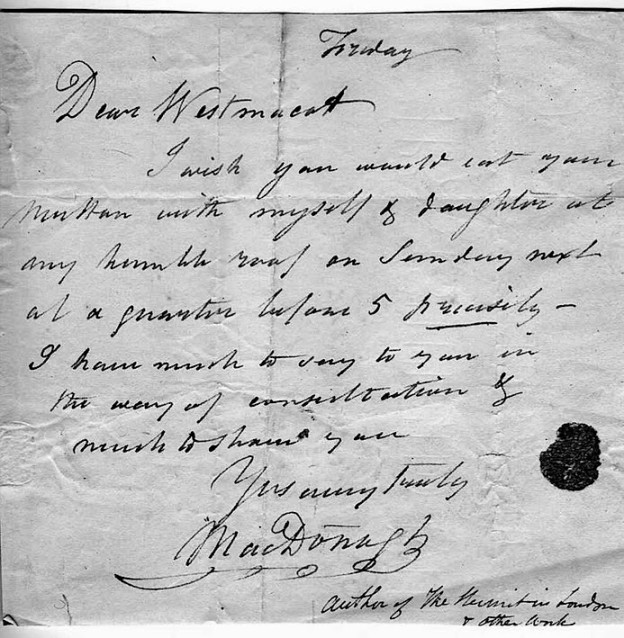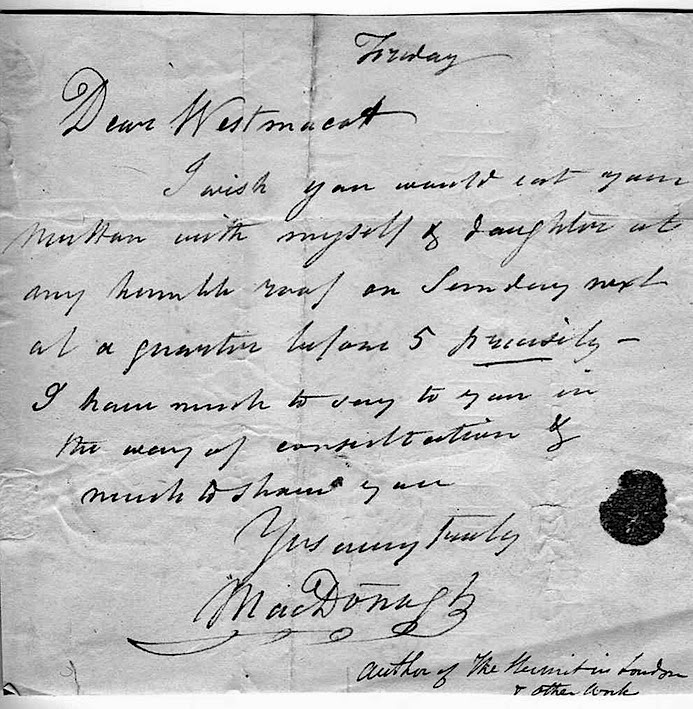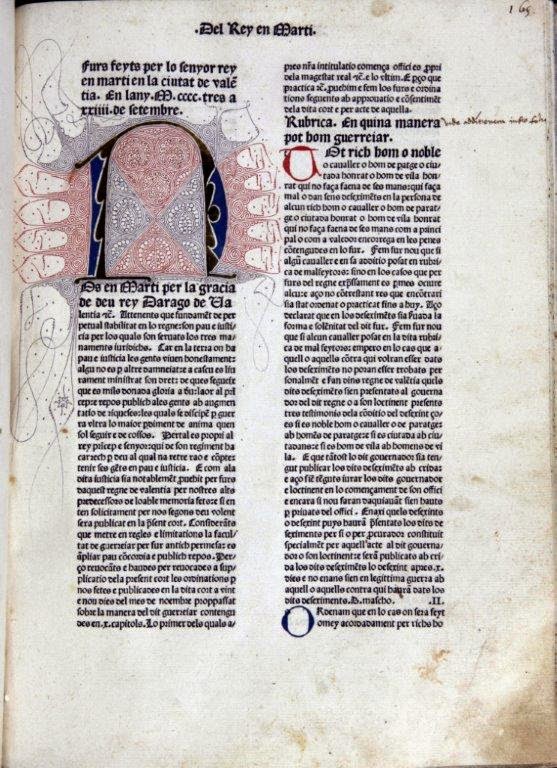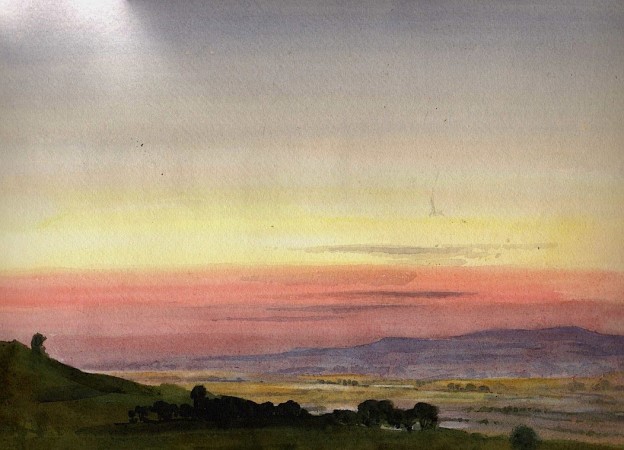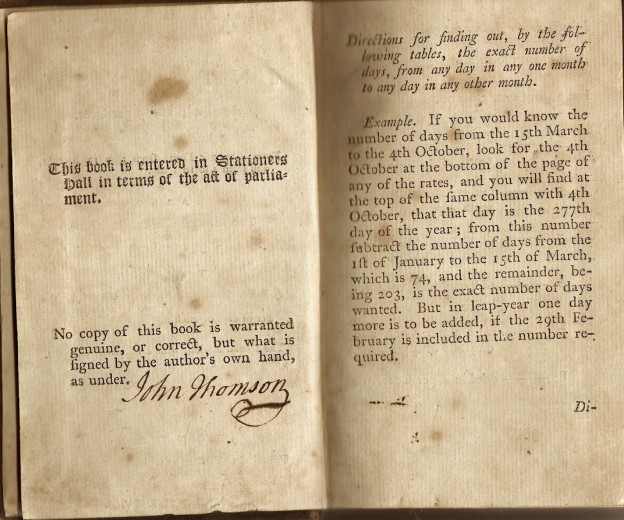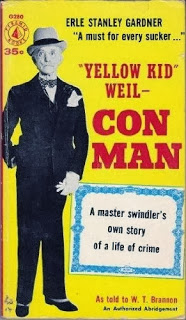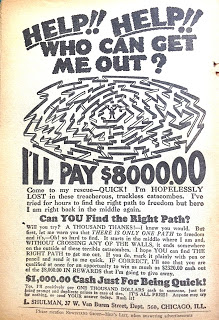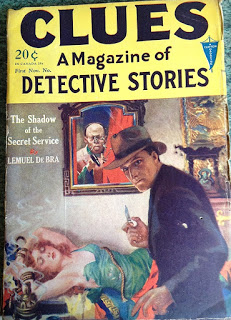
Found in a 1963 Central Office of Information booklet Their Trade is Treachery. Of some rarity and value - a top online bookseller describes it thus:
In the wake of the Profumo Affair the COI "produced a lively booklet as part of their educational campaign to improve the awareness of middle and lower grade officials and members of the Armed Forces of their responsibilities in regard of security matters" (Gladden, Civil Services of the United Kingdom: 1885-1970, p.166). Includes accounts of notorious cases, tricks of the trade, and helpful advice, "Spies are with us all the time. They are interested in everything, defence secrets, scientific secrets, political decisions, economic facts, even people's characters in order to recruit more spies" (from the preface).
Towards the end of the book after a piece called 'How not to become a spy (in 6 not so easy lessons)' they offer this tongue in cheek advice:
How to become a spy (in 6 easy lessons)
1. Let it be known to your friends, casual acquaintances, and strangers that you have secret information, or are in a job where you may be able to obtain it one day. This should attract treasonable propositions or threats, which it may or may not be possible to resist.
2. Think you are cleverer than you are. Be conceited. Tell yourself that you are capable of handling any regular association with Iron Curtain officials without informing your superior officer or local Security officer. If the Iron Curtain man is a diplomat, convince yourself that it's only your fascinating personality, wit, and friendship that attracts him. If you can believe that, you can believe anything. You're on your way.
3.Develop a few vices, especially abroad, so that with luck you can be compromised and blackmailed.
4. If you cannot manage a vice or two, just be foolish. If you can't be foolish, be incautious.
5. Accept favours and hospitality from Iron Curtain officials… When in return they ask some harmless service in exchange for good money, accept at once. This encourages them, and, if you pursue the matter to a logical conclusion, you should land yourself safely in prison one day.
6. If you do not fancy prison especially in cold weather, persuade yourself that if you become a spy you will never get caught. You will, of course, but one must not start with a defeatist attitude.










